Member of the Month: Victoria Sass
Hedwig Lee, Anjum HajatVictoria Sass is a joint PhD student in Sociology at the University of Washington and at the Vrije Universiteit in Brussel, Belgium. She joined IAPHS in 2017.
Tell us a little about yourself, where are you from, where did you go to graduate school, what makes you jump out of bed each morning?
I was born and raised in San Diego, California. I generally only jump out of bed if I’m late for something which I try to avoid if I can help it. However, when I’m not rushing to be punctual I do find it endlessly rewarding that I get to spend my days learning from others and trying to imagine the trajectory between the world as it is and a more just, equitable, and kind one.
How do you define yourself as a population health professional?
My journey to population health was a bit indirect as I began my doctoral program at the University of Washington narrowly focused on environmental sociology. However, the more I read within that subfield, the more I was drawn to the influence of environments on social stratification and inequality, of which population health is one of the starkest examples. I quickly realized I would need to reach beyond my own discipline to gain the tools and understanding to make sense of the research questions I am most interested in investigating. As such, I would say that I am an interdisciplinary scholar with firm roots in sociology and demography though I would love to push those boundaries even further in the future.
What disciplines do you engage with and are there disciplines that you would like to engage with?
Sociology, demography, public health, psychology, urban planning/design, history, and geography have all been a part of my training and research thus far. I would really like to engage more with the humanities, particularly philosophy and media studies.
Describe a current project/initiative that you are excited about.
I’m currently in the first throes of a new project idea that I presented at IAPHS this fall. Namely, I’m interested in the connections between mental and physical health, particularly in the context of the so-called “obesity” epidemic. I don’t want to say too much since I am still working out the theoretical framework of the larger project but I am interested in interrogating the ways public health research itself has approached the study of people in larger bodies and the concept of “health.” I’m interested in what a weight-neutral framework could provide to the current discourse around physical health and body size while centering mental health and the effects of stigma.
Name a population health professional who you admire and why?
Hedy Lee is one of the most hard-working, genuinely passionate individuals I’ve met within this field. She taught one of my favorite classes at the University of Washington and her approach to research, teaching, and mentoring stem from a sincere and infectious (pardon the pun) curiosity about the world and those around her. That inquisitiveness makes her a natural interdisciplinary scholar and it’s been immensely helpful to see that modelled for those of us newer to the field.
How did you hear about IAPHS?/Why did you decide to become a member of IAPHS?
I heard about it from a fellow graduate student at the University of Washington in 2017 and decided it sounded like a great place to meet other people doing related work and get feedback on my current research.
Have you attended an IAPHS meeting? If so, what do you like most about these meeting?
I attended the meeting in 2017 in Austin, Texas which, apart from the giant cockroaches, was a great location! I also attended the meeting in Seattle this past October. I really like the depth and breadth these meetings are able to include while still remaining somewhat small, providing for a certain level of intimacy.
What would you tell someone who is considering joining IAPHS?
Definitely join! It’s a great way to meet people and also get feedback from so many different perspectives.
What would you like to see IAPHS do in the future?
I love the idea of having working groups on various topics. Particularly issues that aren’t necessarily talked about explicitly during everyone’s individual training (i.e. grant writing, collaborating across institutions, preparing for the job market, etc.).
Favorite population health relevant book:
Sapolsky, Robert M. Why Zebras Don’t Get Ulcers. Third Edition, Revised and Updated [edition]. ed. New York: St. Martin’s Griffin, 2004.
Favorite population health relevant academic/news/etc. article(s):
Link, Bruce G. and Jo Phelan. 1995. “Social Conditions As Fundamental Causes of Disease.” Journal of Health and Social Behavior 35:80-94.
Krieger, Nancy. 2005. “Embodiment: a conceptual glossary for epidemiology.” Journal of Epidemiology and Community Health 59:350-355.
Diez Roux, Ana V., and Mair, Christina. 2010. “Neighborhoods and Health.(Report).” Annals of the New York Academy of Sciences 1186: 125-145.
Favorite movie, band, non-fiction, book, etc.:
I can never choose favorites but the following are my current obsessions:
Music: Miya Folick, Duendita, Lucy Dacus, Lizzo, James Blake, Valerie June
Movies: What is Democracy?, Us, Generation Wealth, Leave No Trace, Free Solo, Sorry to Bother You, Skate Kitchen
Books: The Dispossessed (Ursula K. Le Guin), The Shepherd’s Life (James Rebanks), Little Fires Everywhere (Celeste Ng), Priestdaddy (Patricia Lockwood)
Poetry: Electric Arches (Eve L. Ewing), salt. (Nayyirah Waheed)
Podcasts: Current Affairs, Citations Needed, Intercepted, Invisibilia

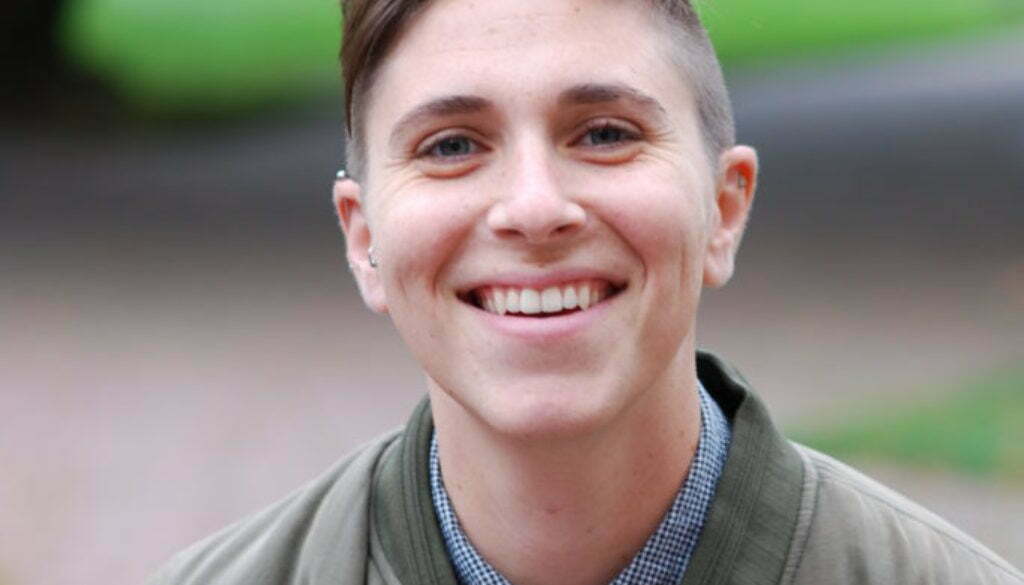
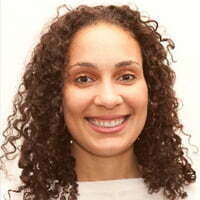
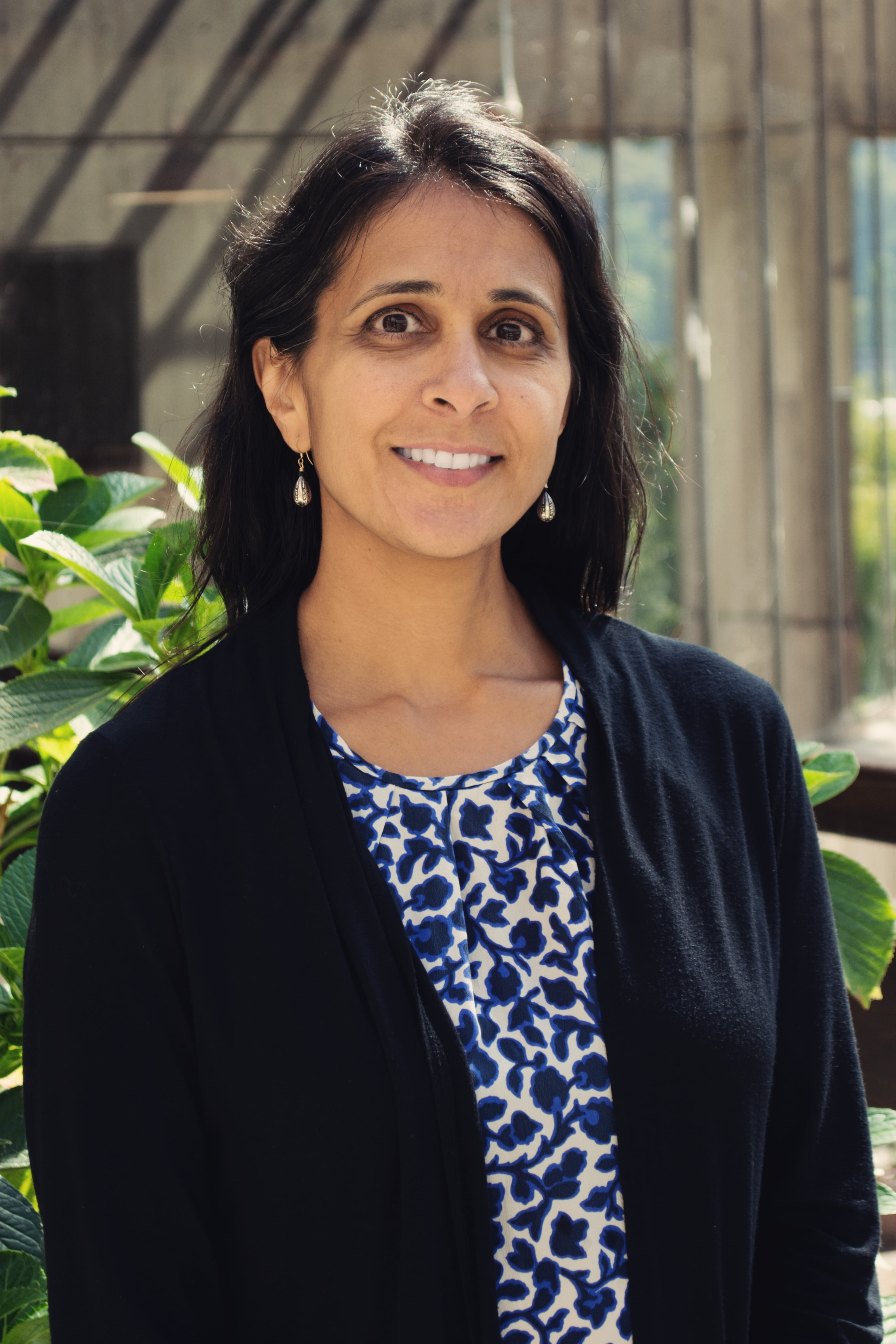
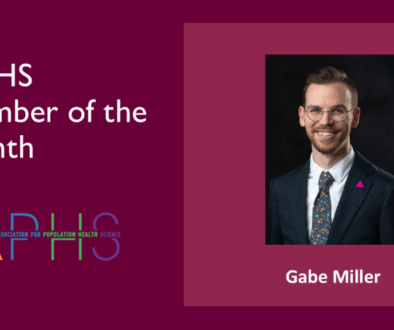
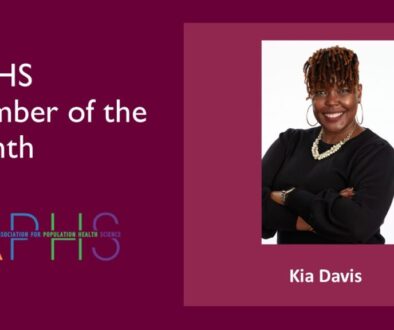

All comments will be reviewed and posted if substantive and of general interest to IAPHS readers.